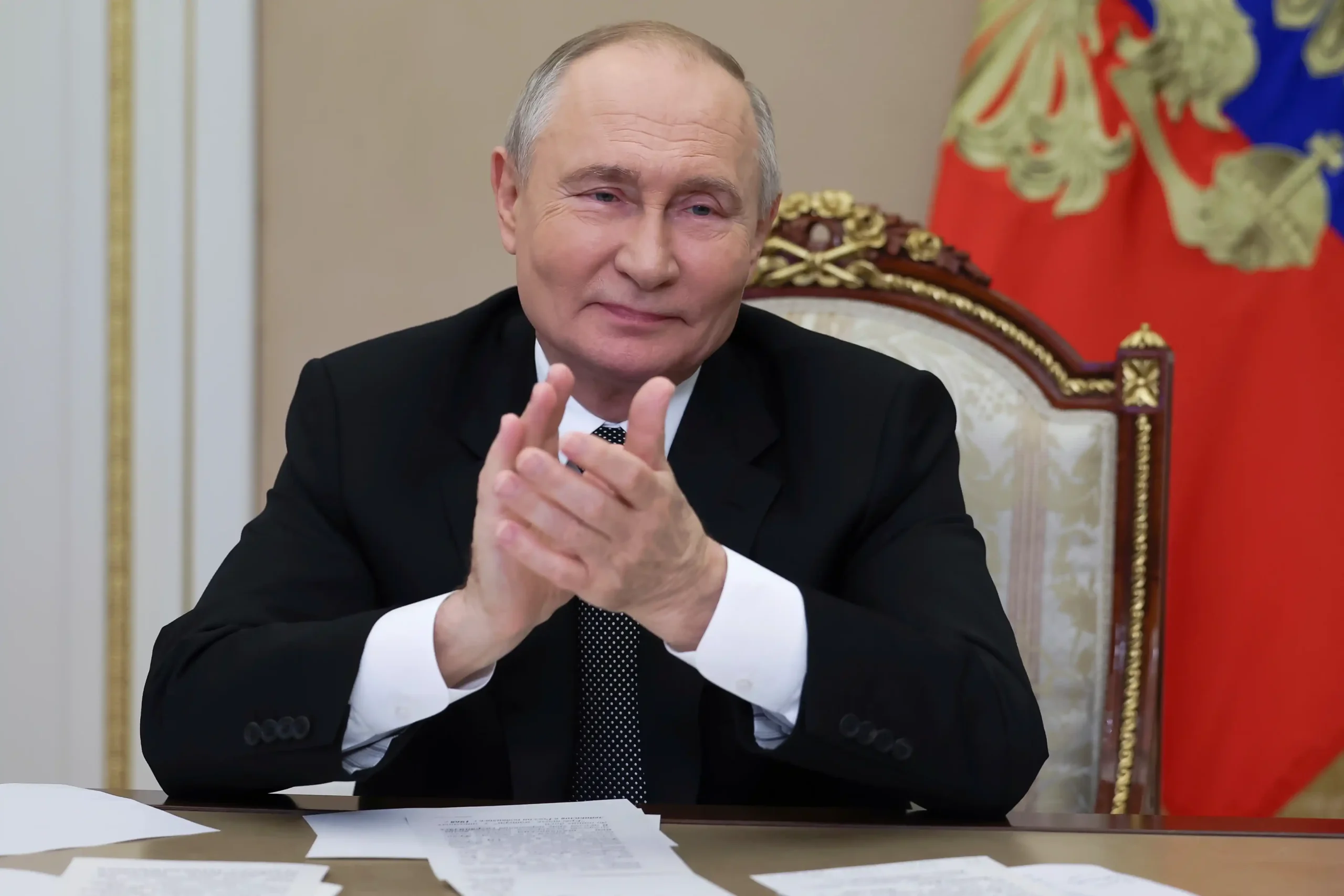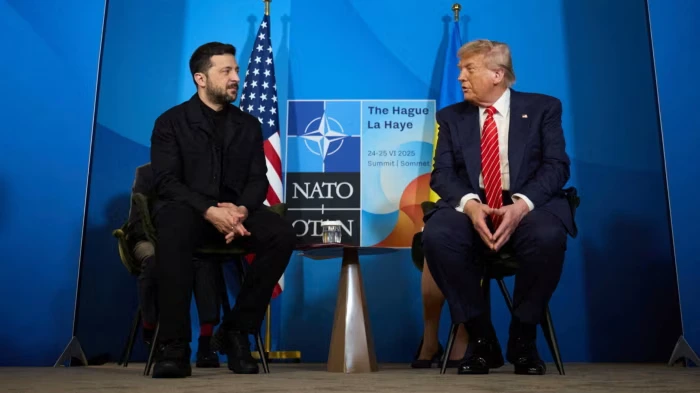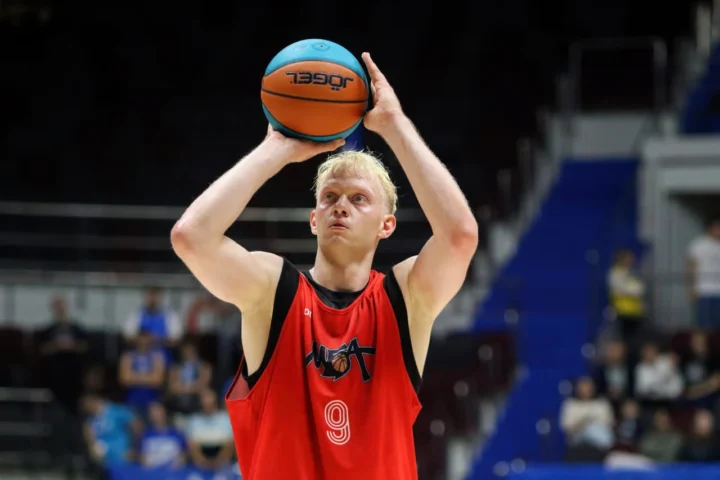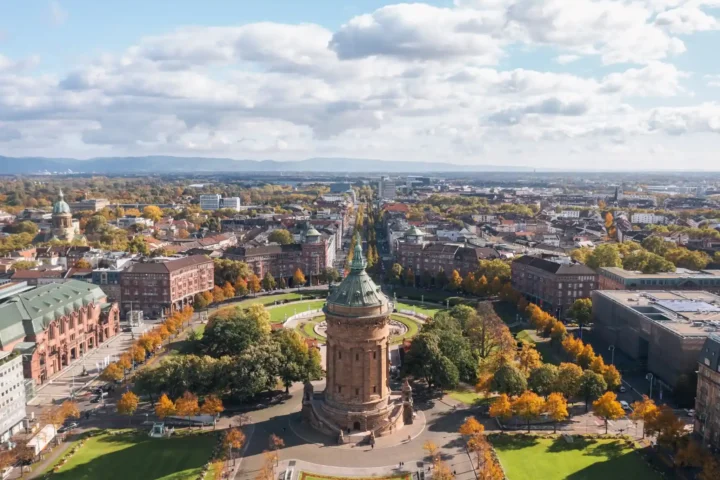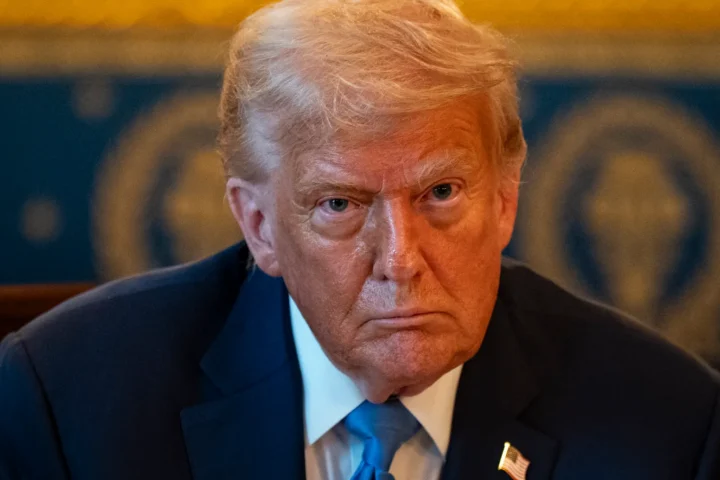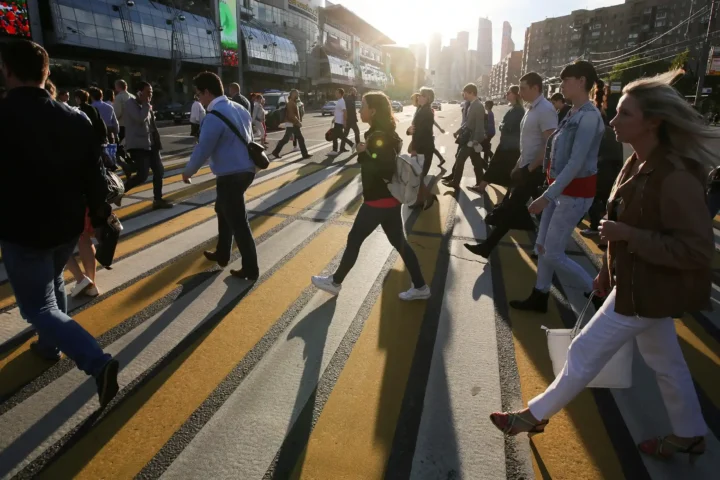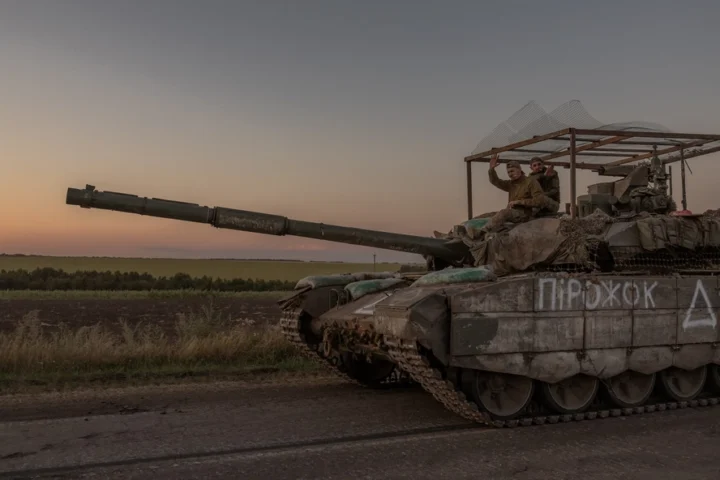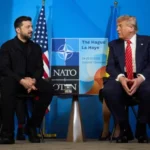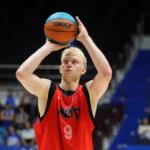Showcasing Putin’s Health and Leadership
The Kremlin has taken significant measures to emphasize the health and capability of President Vladimir Putin. Through orchestrated appearances and events, such as the Direct Line broadcast where Putin spoke for over four uninterrupted hours, the government aims to project an image of vigor and reliability. Notably, Putin’s communication style has become more “folksy,” reflecting an effort to connect with the broader public.
Kremlin insiders report a shift in funding priorities, with significant resources allocated toward scientific research in gerontology and life extension. Key figures, including Rosneft’s Igor Sechin, former Minister Veronika Skvortsova, and Putin’s daughter Maria Vorontsova, are actively involved in these initiatives. Life extension has emerged as a national project alongside efforts to address Russia’s demographic challenges.
Shifts in Power Dynamics and Succession
While discussions of power succession have largely disappeared from public discourse, the subject remains a critical concern for the political elite. A consensus suggests that Putin intends to remain in power for life, rendering talks of a successor both unnecessary and potentially disruptive. The failure of past “successor games” has further dissuaded such discussions.
The aftermath of Prigozhin’s mutiny has reshaped the political landscape, creating potential scenarios for two dominant factions: the security services and the bureaucrats. However, systemic liberals and Yeltsin-era elites have been excluded from succession considerations, facing targeted repressions and public stigmatization.
Challenges in Governance and the Role of Security Forces
Internal conflicts persist within the increasingly sterile political regime. A notable trend in 2024 is the rise of “autonomous decisions”—instances where Putin’s direct involvement has diminished. Influential groups now independently manage situations, often leading to fragmented and seemingly illogical outcomes. This raises questions about the viability of collective governance after Putin’s era.
A key question remains: is Putin willing to weaken the security services in favor of bureaucrats/administrators?
Logically, Putin has little incentive to strengthen the security services to the point of making them independent political players. However, the ongoing Special Military Operation (SMO) and its consequences are objectively strengthening their position because, otherwise, Putin would need to assume the associated risks himself. (For example, during the Crocus City terrorist attack case, Putin publicly dismissed the warning from U.S. intelligence, demonstrating his extreme caution in such matters.)
It is likely that Putin will carefully manage the process of strengthening and weakening the security forces in a targeted manner. However, he cannot address the entire spectrum of issues, allowing the security apparatus to independently expand its rights and control.
The prisoner exchange case demonstrated that for Putin—who personally met Krasikov upon his return—showing support for the security services as the backbone of the state is of personal importance.
Key constitutional institutions, such as the Prime Minister’s office, the State Council, the Presidential Administration, and the Security Council, are expected to be the focus of power struggles. Significant appointments and dismissals within these bodies will shape the balance of power.
The security services are poised to gain influence, with recent developments involving the Prosecutor General’s Office and Prosecutor General Krasnov highlighting this trend. While Putin aims to maintain control over the security forces, the ongoing Special Military Operation and associated risks have inadvertently strengthened their position. Despite this, Putin is likely to carefully balance their power to prevent them from becoming independent political players.
The Path Forward
The management of Russia’s power structures in 2024 underscores Putin’s intricate balancing act. As the political landscape evolves, the interplay between security forces and bureaucrats will be crucial in shaping the country’s future. The unanswered question remains whether Putin can maintain this balance or if the growing autonomy of key groups will challenge the stability of his regime.

